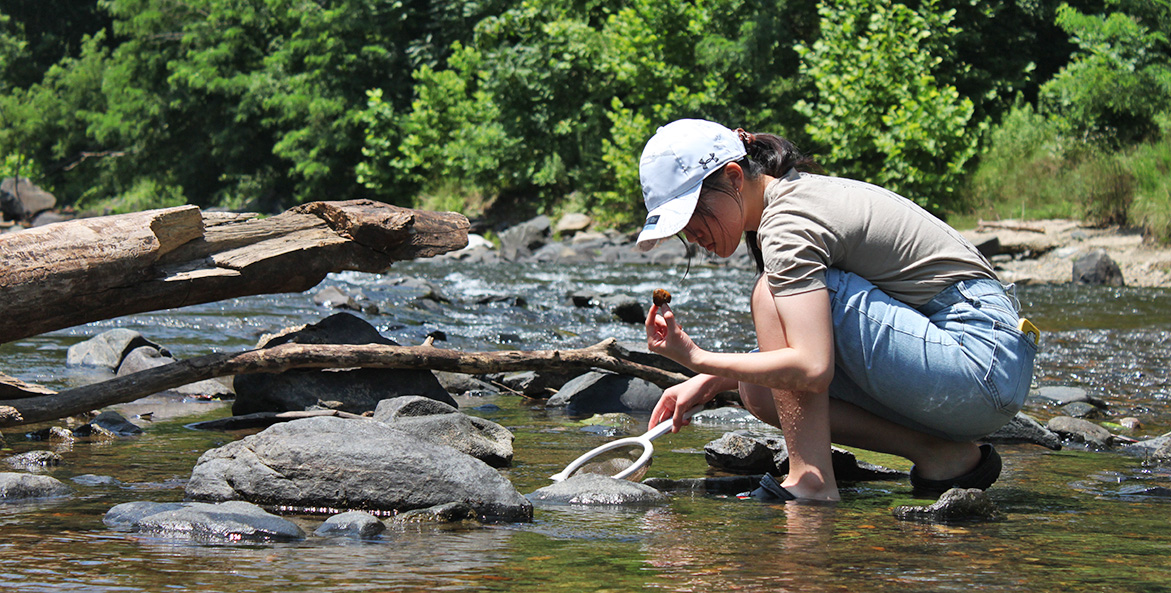This post was originally published as a Letter to the Editor in the Richmond Times-Dispatch on September 4.
As students across central Virginia head back to school, teachers, parents, and students themselves are increasingly recognizing that unregulated use of social media and screen time at home makes it harder for children to learn.
School districts can counteract the negative effects of technology by embracing outdoor learning. Time and again, research shows that spending time outside boosts material learned, improves attention and focus, and strengthens social skills.
Incorporating nature into the curriculum can range from regular outings around the schoolyard, identifying local plants and insects to field investigations paddling canoes down one of Virginia’s iconic rivers.
There’s nothing quite like blowing a dandelion seed head to discover plant adaptations or harvesting a sun-warmed tomato from the school garden to understand food systems.
This not only reinforces what’s learned in the classroom, it also provides students with the benefits of movement, sunlight, and fresh air.
Research strongly suggests that students should have outside time every day. Rather than taking away time from academic learning, there are immeasurable benefits to this approach. An analysis by Stanford University showed that learning in nature, and about nature, leads to academic gains compared to traditional learning formats.
More and more, schools are focusing on improving social, emotional and developmental outcomes for our students. Yet not enough teachers are prepared to take student learning outside, and little school curricula is designed to be taught outside.
Unfortunately, Virginia lags behind neighboring states in environmental literacy funding. The Commonwealth’s elected leaders can support our students by increasing investment in environmental education this upcoming legislative session.
In a world of screen-time overload, outdoor learning can help all children become happier, healthier and more social.




